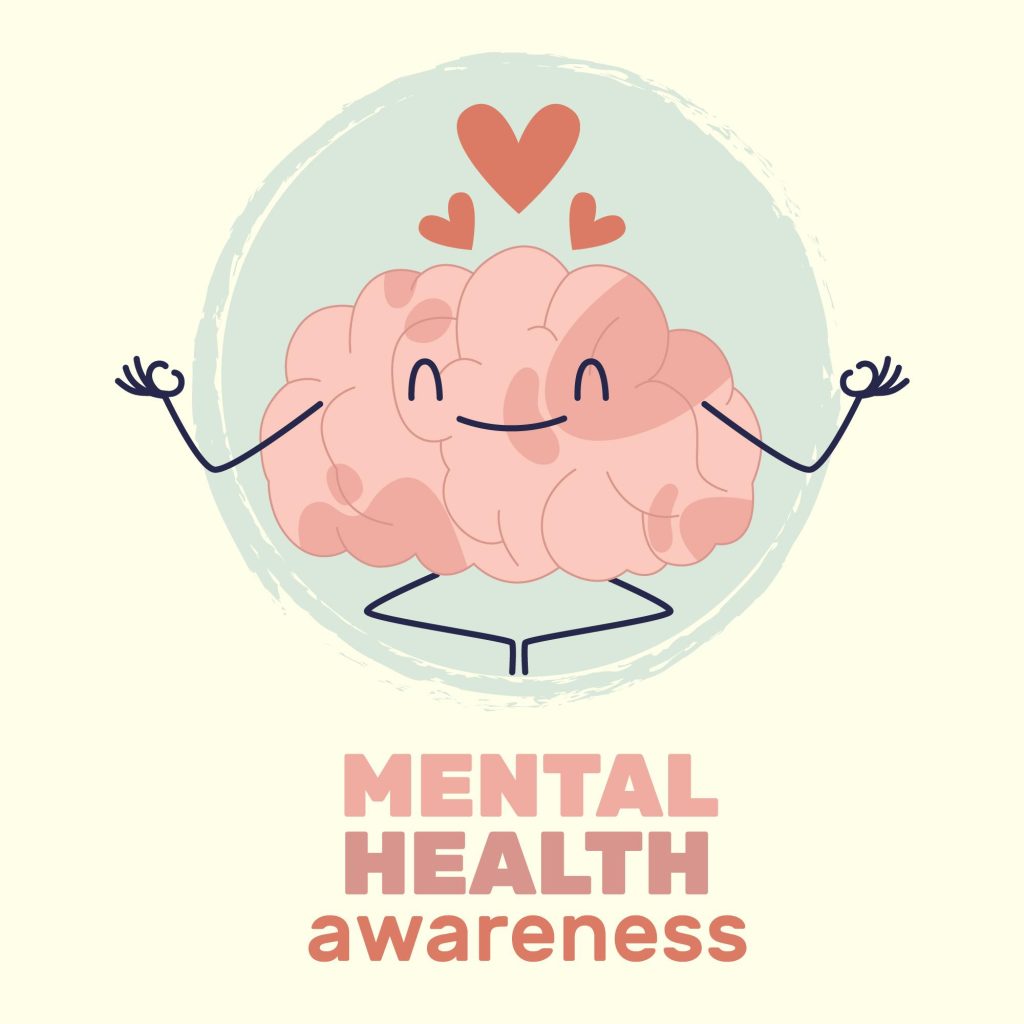It’s mental health awareness month, so this week we’re going to veer away from our standard light-hearted, what-on-earth-are-you-on-about-this-time-Hass approach to shine a light on a topic often swept under the rug.
As medical writers, you’ll often be tasked to write about some of the most daunting and dastardly diseases out there with the intent to educate your readers on the symptoms to look out for and the available remedies.
In doing so, however, it can be easy to get caught up in the flurry of creativity we all love, we consequently take away from our focus on what it means to be happy and contempt.

The reality of it all
Starting out as a medical writer can be exciting, terrifying, exhausting, and at times, all at once. There’s also a very high chance you’ll get overly excited, sign a few too many client deals, and land yourself in the terrifying abyss of having to do 10 people’s jobs at once.
Your mental health takes a hit, you’ll become fatigued, and you forget to enjoy the essence of life.
Yes, starting out as a medical writer is a grind – a bloody hard one at that. But it’s a grind you need to undergo with caution. There’s no good grinding if by the end of it, you become so burnt out that you struggle to enjoy your successes.
We’re guilty of it, and we can confidently tell you that it ain’t fun. Instead, we urge you this week, or this month, or forever, to set yourself boundaries; boundaries that will, in the long run, set you out for a comfortable career.

3 Boundaries you can set yourself as a medical writer
There are many boundaries you can set yourself as a medical writer to make sure you don’t get into a state of burnout.
Understand that these boundaries can differ from person to person, so we advise you to set boundaries that coincide with your work-life schedule. Below are boundaries that I (Hass) set myself whilst working as a medical writer to make sure that work doesn’t take over my life (as you’ve probably seen recently with people spending 6-7 hours a day writing, followed by another 3-4 hours a day irrelevantly networking on LinkedIn and the likes, not giving themselves a chance to breathe).
- Saying NO
More work coming your way? Brill. Do you need it? No. Should you say yes? You want to say yes, but practice saying no. You don’t need more work unless it’s there to replace an existing, lower-paying client of yours. If you REALLY want to take on the new work, then maybe try and outsource your lower-paying stuff to another writer to get the workload off you.
- Set a routine
Set your hours for work. Set your hours for networking. Leave the rest to enjoy your day. A routine helps you build habits. Setting the right routine can help you build the right habits that ensure your chances of a good mental wellbeing and success in your career.
- Free stuff
We all preach giving away value. Hell, we do it a lot here, because we gave ourselves the time to create the content we want to give out for free. You’ll have people asking “to pick your brains” every now and then about medical writing, and they’ll expect a FREE call that could take up an hour or so of your time. Help people out, but limit yourself so that you don’t get burnt out. It’s all well and good helping someone, but if that someone isn’t you every once in a while, then it just isn’t worth it.
